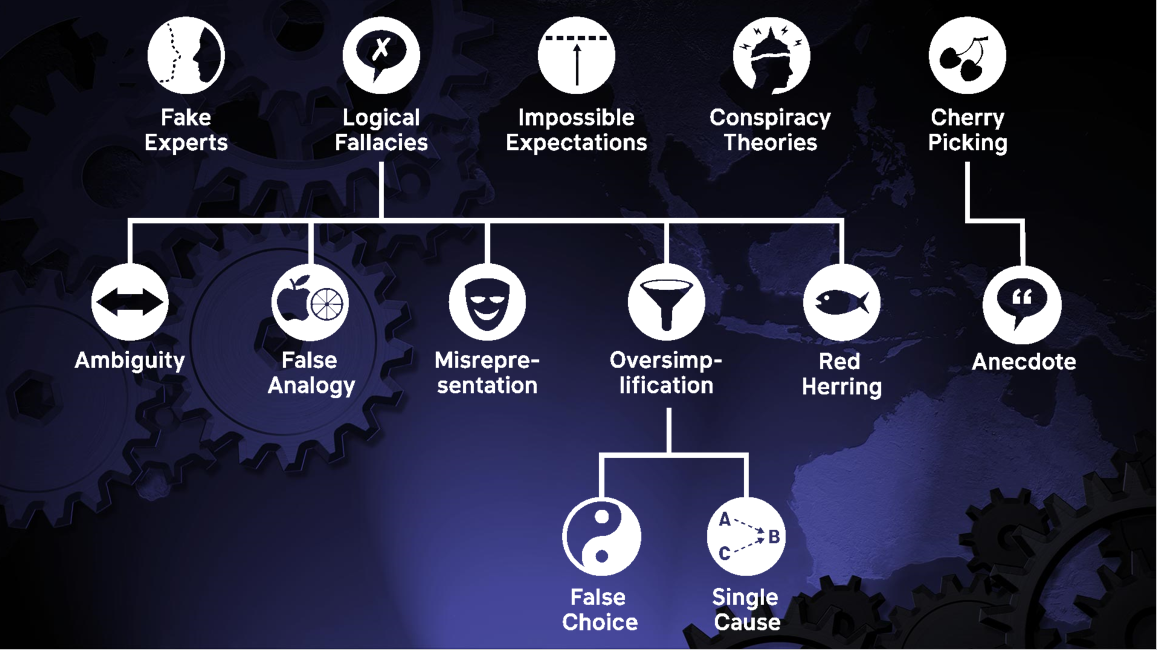Acknowledgement
We acknowledge that MOD. is built on the traditional lands of the Kaurna Miyurna and we respect their spiritual relationship with their country.
We also acknowledge the Kaurna Miyurna as the traditional custodians of the Adelaide region and their cultural and heritage beliefs are still as important to the living Kaurna Miyurna today.
